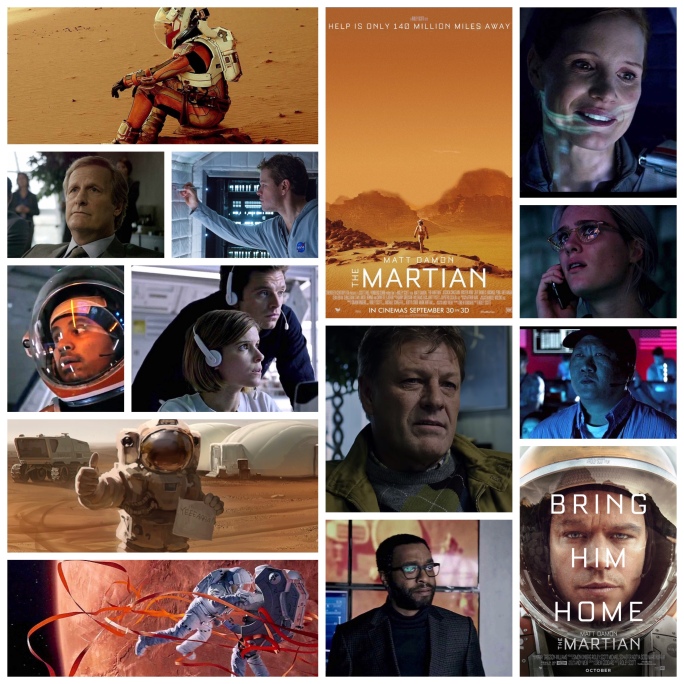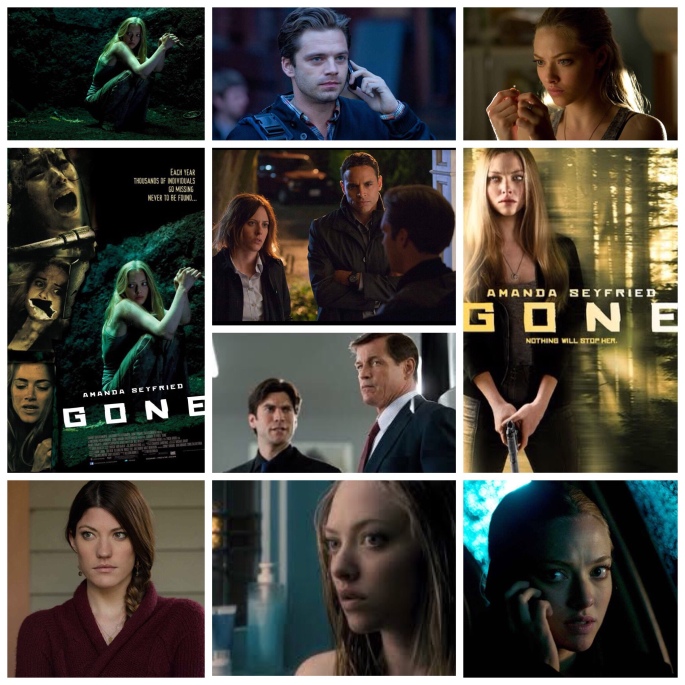
It has been said that 2016 marks the deconstruction phase of the comic book superhero genre what with Deadpool turning it on its ear with a healthy dose of postmodern irreverence. It also saw two movies that addressed the very heroic nature of these larger than life characters, first with Batman v Superman: Dawn of Justice and then Captain America: Civil War. Both movies featured iconic superheroes in conflict with each other while also addressing the effect they have on the world. How does the general populace react to them and, more importantly, how do those in positions of authority react to them? The latter in both movies – not so well. Should superheroes be governed and if so by whom? Should they be held accountable for the massive destruction incurred from their world-saving battles? These two movies address these questions in very different yet intriguing ways.
Civil War takes the basic story from the 2006-2007 Marvel Comics limited series of the same name, written by Mark Millar and penciled by Steve McNiven, and uses it as a springboard to address narrative threads introduced in Captain America: The Winter Soldier (2014) and Avengers: Age of Ultron (2015). Civil War intertwines two primary storylines: Steve Rogers a.k.a. Captain America (Chris Evans) and Falcon (Anthony Mackie) track down elusive assassin the Winter Soldier (Sebastian Stan), and the continuing animosity between Cap and Tony Stark a.k.a. Iron Man (Robert Downey Jr.), which finally reaches a critical mass when they disagree over the creation of an international governing body to watch over and control the Avengers, splintering the team into two camps – those on Cap’s side and those on Iron Man’s. This culminates in an epic battle between both sides.
Civil War starts off with a bang as Cap and his new Avengers team comprised of Scarlet Witch (Elizabeth Olsen), Falcon and Black Widow (Scarlett Johansson) as they track down and stop Brock Rumlow (Frank Grillo), the Hydra agent who has now become supervillain Crossbones, from stealing a biological weapon in Lagos. For Rumlow, it’s a personal vendetta as he blames Cap for almost dying in the collapse of the S.H.I.E.L.D. headquarters in The Winter Soldier. This is a recurring theme throughout the movie: deeply personal motivations for why characters do what they do.
Meanwhile, the individual human cost of battles like the one in Sokovia at that climax of Age of Ultron weighs heavily on Tony as do the people that died during the Crossbones mission on Cap. To make matters worse, United States Secretary of State Thaddeus Ross (William Hurt) meets with the Avengers to inform them that the United Nations is preparing legislation that will sanction their future actions. He considers them all dangerous and is concerned that they continue to operate unchecked, showing them a greatest hits montage of carnage that ensued during their battles. He gives them a choice: come on board with this legislation or retire.
Tony feels guilt over the ramifications of his actions – what with helping to create Ultron and all – and that of the Avengers and backs the sanctions along with Vision (Paul Bettany), War Machine (Don Cheadle), and Black Widow. Cap argues that signing this legislation will take away their right to choose. What if the U.N. sends them somewhere they don’t want to go or shouldn’t go? Where does it all end? Things for Cap only get more complicated when the Winter Soldier, who is actually Cap’s childhood friend Bucky now a brainwashed killer, is responsible for the death of T’Challa a.k.a. Black Panther’s (Chadwick Boseman) father. Meanwhile, the mysterious Helmut Zemo (Daniel Bruhl) is quietly plotting something big and it involves the Winter Soldier.
While this movie seems plot-heavy, it moves along briskly, punctuated with kinetic action sequences, like an exciting chase through the streets of Bucharest as Cap tries to capture Bucky alive while preventing Black Panther from killing him. It starts off as a dynamic foot race and then ramps up to vehicles that rivals the chase early on in The Winter Soldier. Much like with that movie, directors Anthony and Joe Russo have a real knack for orchestrating kinetic action sequences that create an almost palpable sense of danger for our heroes because so much is at stake. It doesn’t hurt that they wisely enlisted the help of Chad Stahelski and David Leitch, directors of the dynamic action revenge thriller John Wick (2014), to choreograph some of this mayhem.
This culminates in the epic airport battle teased in all the movie’s trailers and ads. It is everything they promised and more. This is easily the best action sequence in any of the Marvel movies since The Avengers (2012). It’s epic, visceral and loaded with several mini-battles as hero fights hero. We also get to see the new Spider-Man (Tom Holland) and he’s everything you’d want him to be – full of funny quips, nerdy and more than capable of holding his own with the likes of Cap and co. only he lacks the battle-hardened experience. This is easily the best cinematic incarnation of the webslinger since Spider-Man 2 (2004). On Cap’s side, Ant-Man (Paul Rudd) pops up to lending a helping hand and offer a slew of his own funny one-liners and a cool surprise in the heat of the battle.
There are deeply personal stakes for several of the characters in Civil War, from Black Panther’s desire to get revenge for the death of his father, to Tony’s guilt over the death of a young man in Sokovia, to Cap and his friendship with Bucky. All of these things are powerful motivators for what they do in the movie and supersede accords and sanctions. Initially, there was some concern that the inclusion of all these characters would create an overly stuffed movie but on the contrary the Russo brothers found a way organically integrate newcomers like Black Panther and Spider-Man and use their appearances as a springboard for their upcoming standalone movies.
In a nice contrast to past Marvel villains, Zemo is a more cunning, understated menace whose endgame isn’t readily apparent and only reveals itself towards the end at a crucial moment just before the exciting climax where Cap and Tony have it out one last time. The filmmakers mess around with the formula on this one. Whereas Age of Ultron featured yet another super baddie bent on world domination, Civil War features a villain that wants something that isn’t on an epic scale. He wants revenge and has a very definite agenda that only gradually reveals itself over the course of the movie in a wonderfully understated way that makes quite a gut-punching impact when it is finally unveiled to our heroes.
DC – this is how you do a battle with superheroes. Once again, Civil War demonstrates how far behind DC is from Marvel in terms of superhero movies on every level. Unlike Batman v Superman and even their own Age of Ultron, the filmmakers of Civil War do a great job of juggling this large cast of characters, giving everyone their moment to say something cool/funny and do something cool or significant without forgetting that the movie is ultimately about Cap and the arc of his character so that he goes from being a patriot in The First Avenger (2011) to an insurgent in Civil War. It’s his story and it’s a personal one. It is really a marvel of narrative juggling that succeeds where even the overstuffed Age of Ultron came precariously close to collapsing under its own ambitions. It is quite an accomplishment and screenwriters Christopher Markus and Stephen McFeely should be commended on a good job.
So many movie trilogies tend to end a weak third installment that tries to tie up all the loose narrative threads created in the previous incarnations while going bigger in scale while losing sight of what made them so good in the first place (i.e. Return of the Jedi, Spider-Man 3 and The Dark Knight Rises). At the heart of Civil War is Cap’s friendship with Bucky. It’s a thread that has run through all of the Captain America movies, culminating with this one where it is put to the ultimate test. This relationship is also the most satisfying aspect of this excellent movie because it is also the most compelling thing about it. Civil War manages to be simultaneously epic in scale in terms of how what happens affects so many characters and intimate in the sense of Cap’s journey over these movies. The filmmakers never let us forget that at its heart, the movie is about Cap and Bucky’s lifelong friendship. That gives us something to care about amidst all the carnage.










